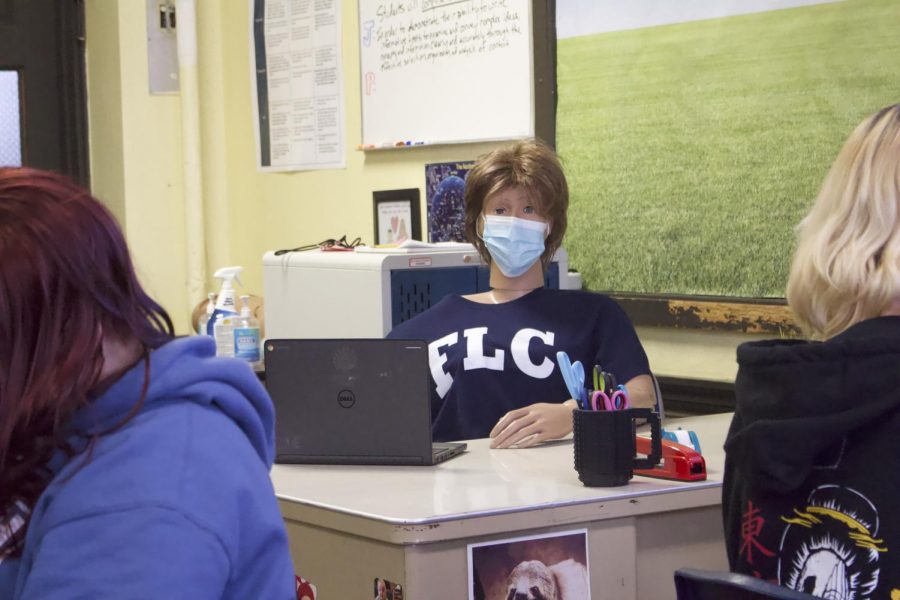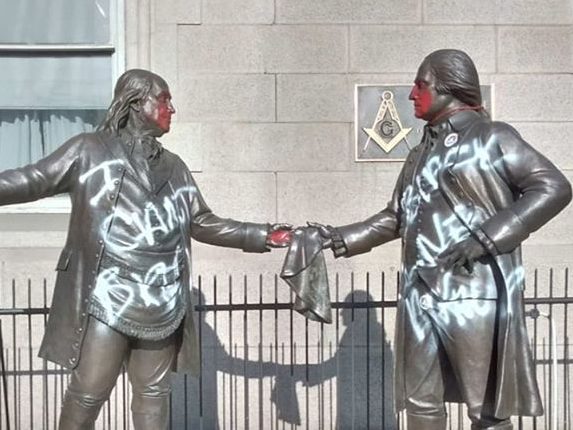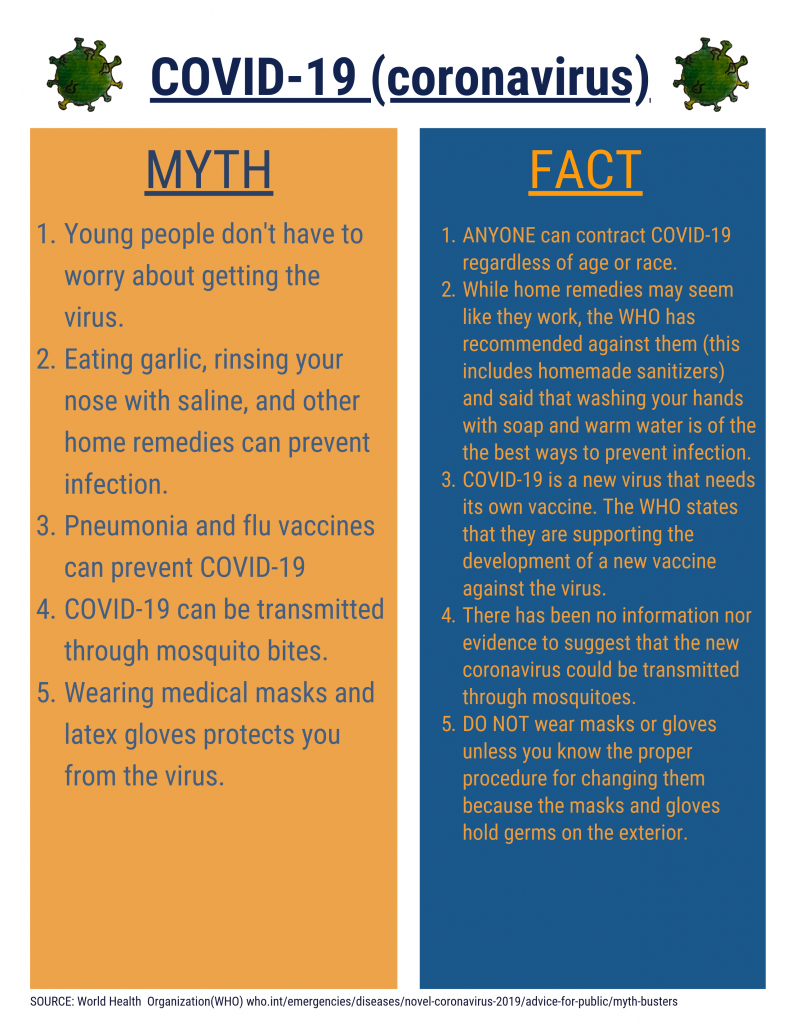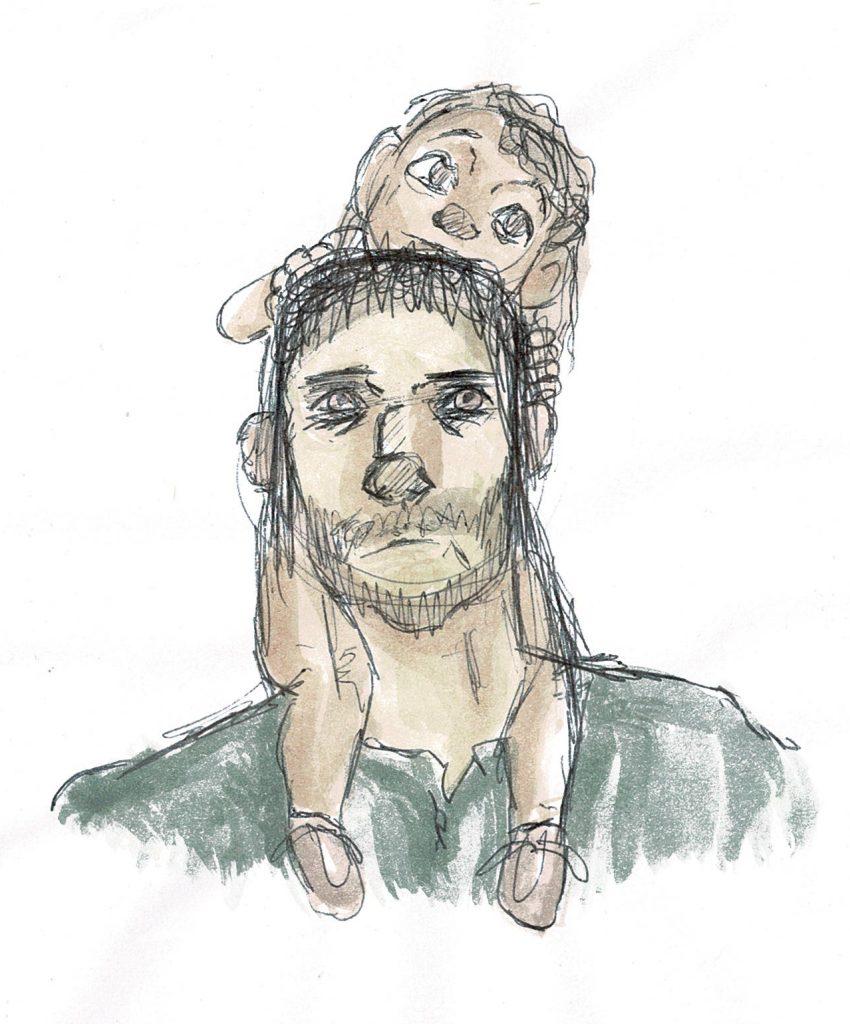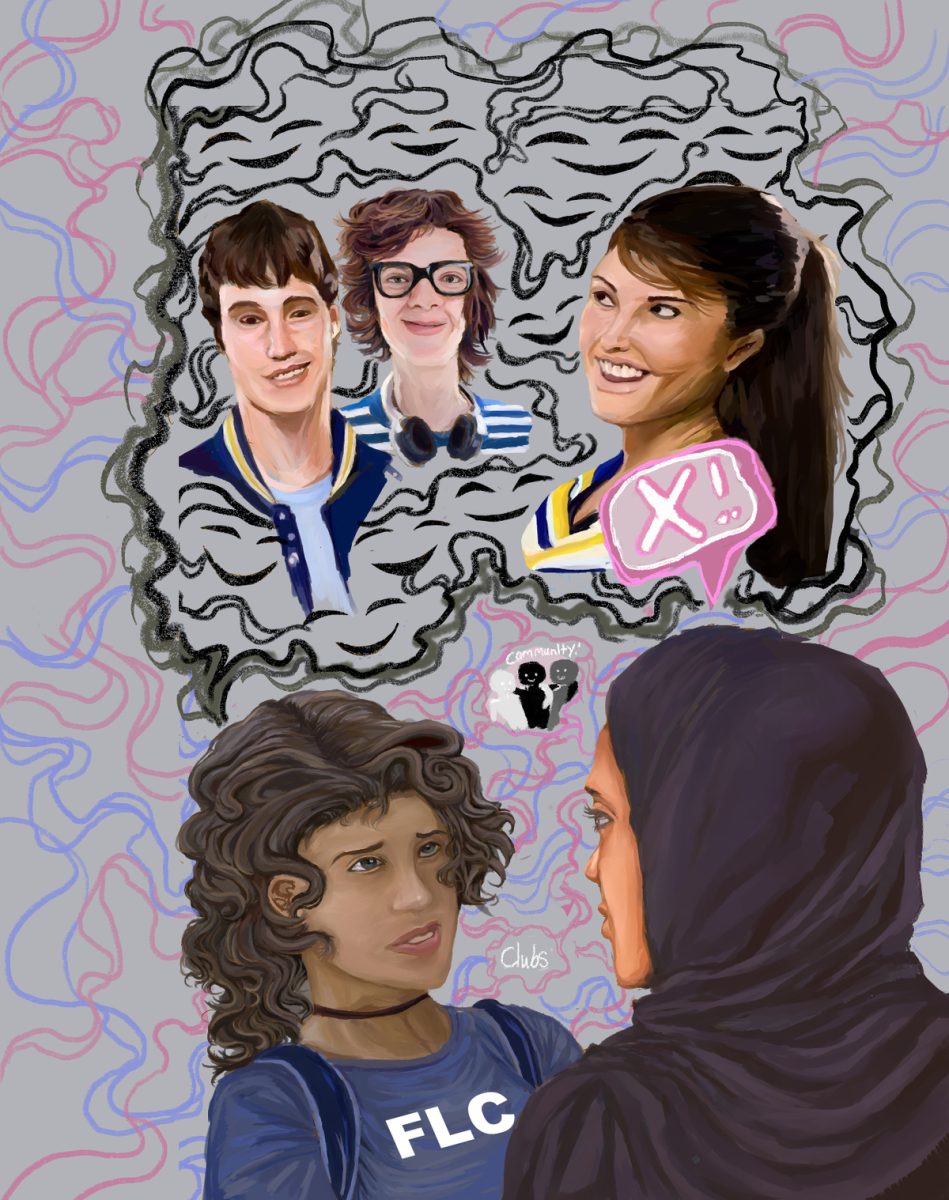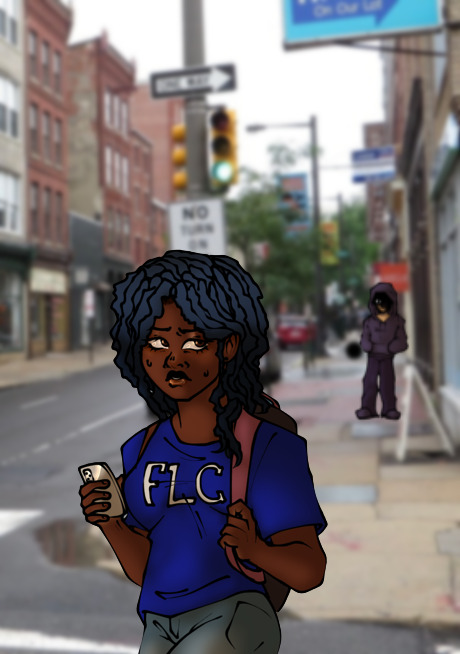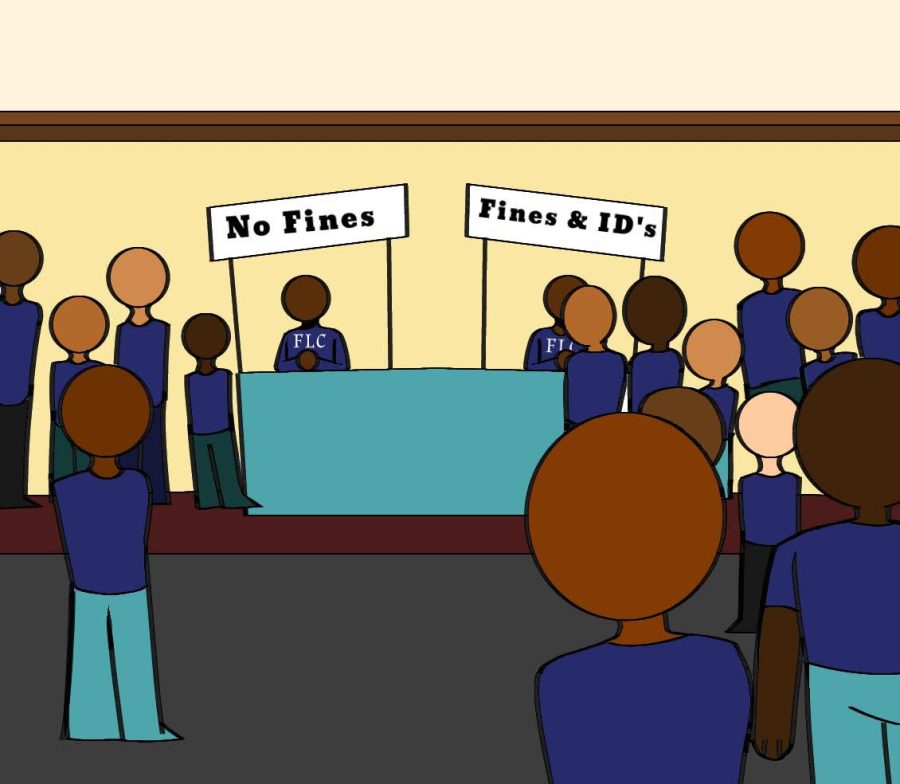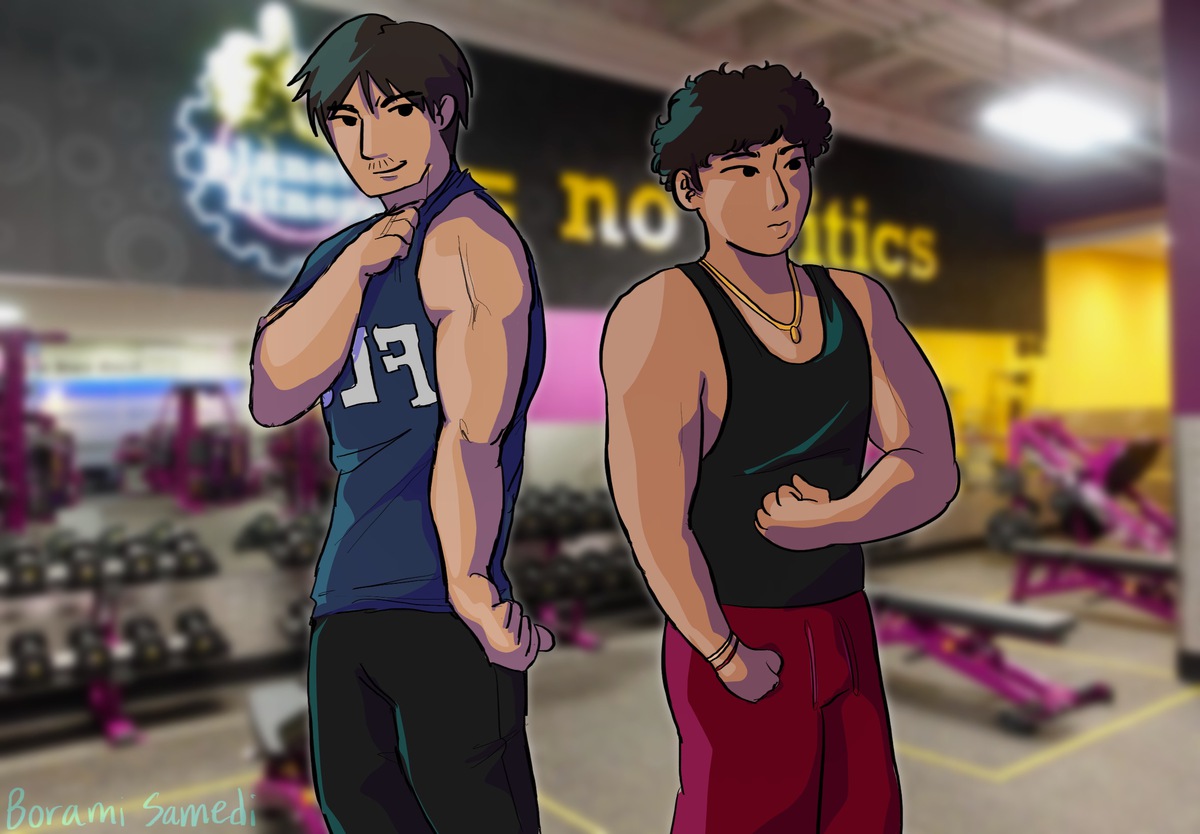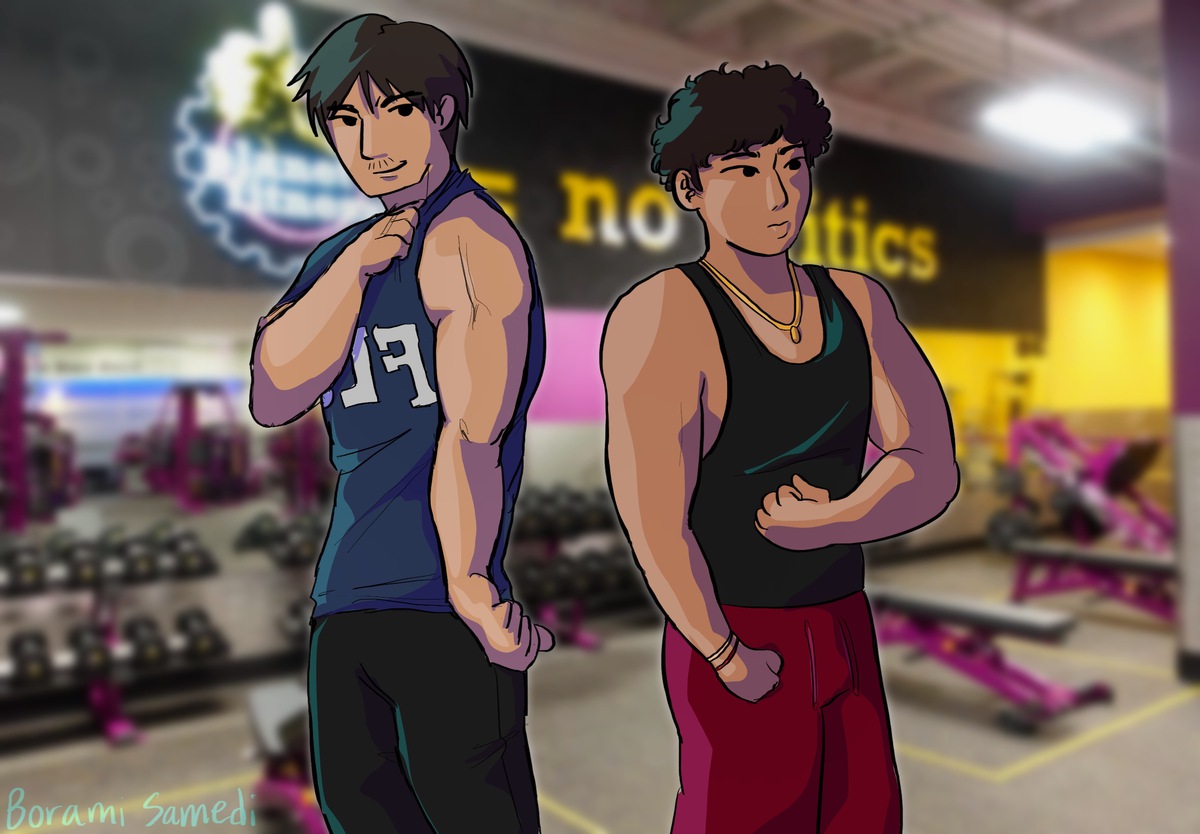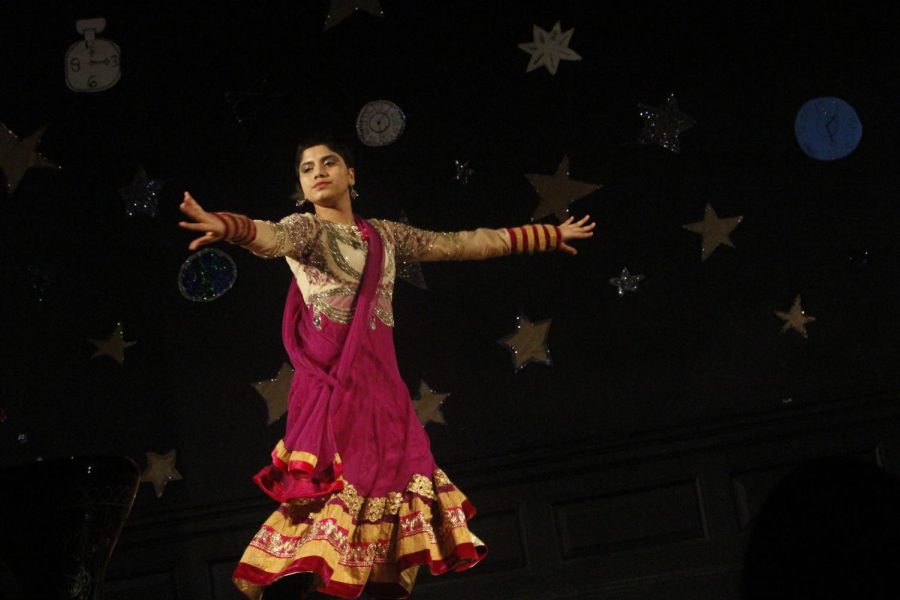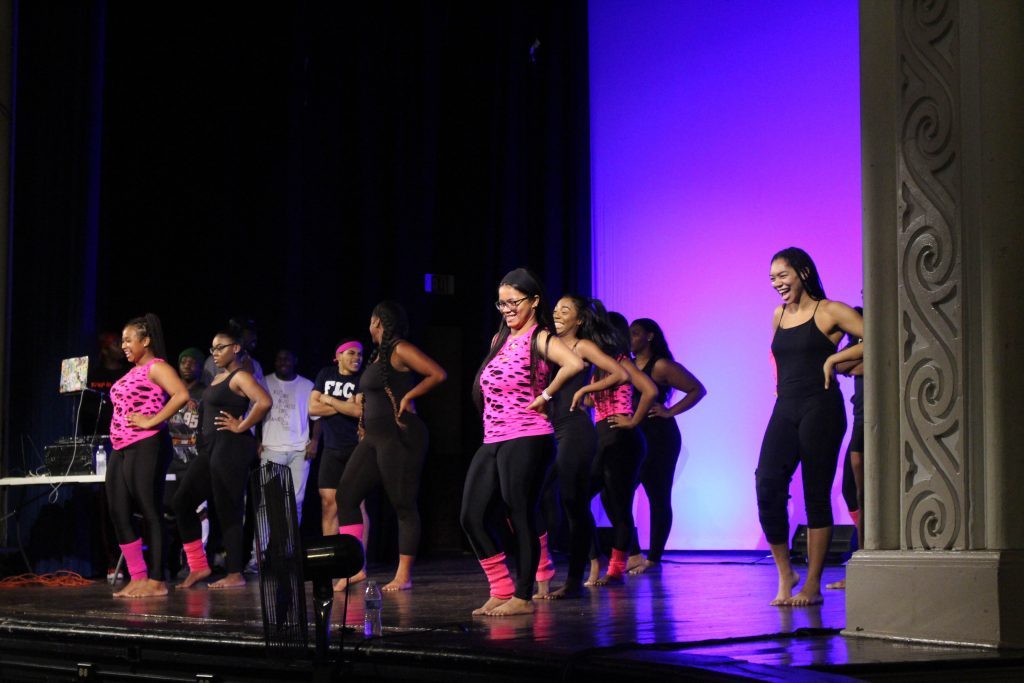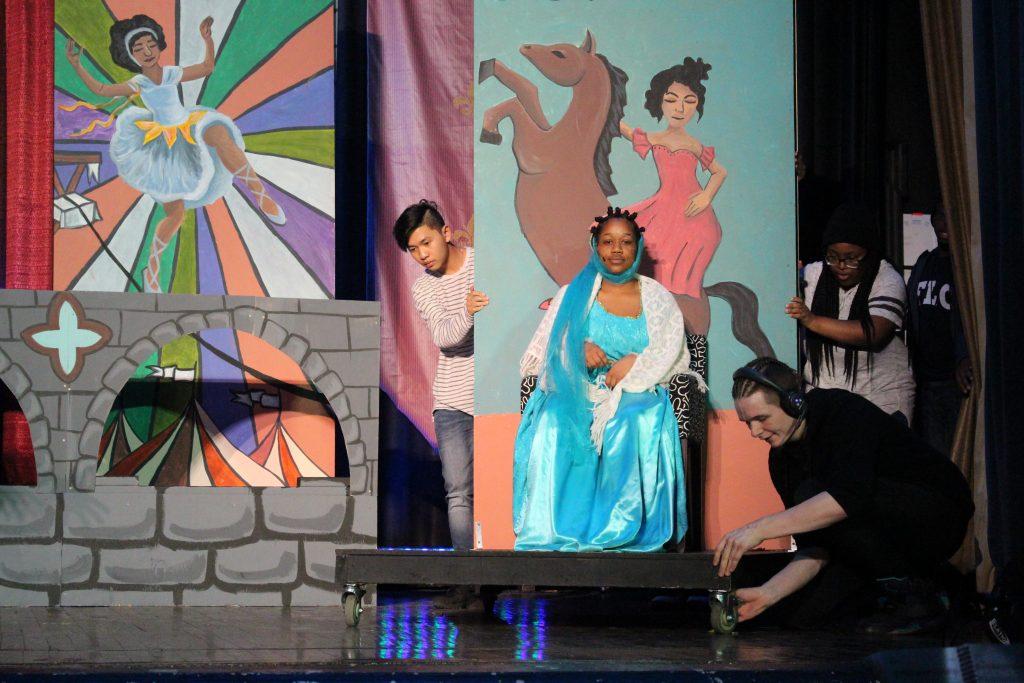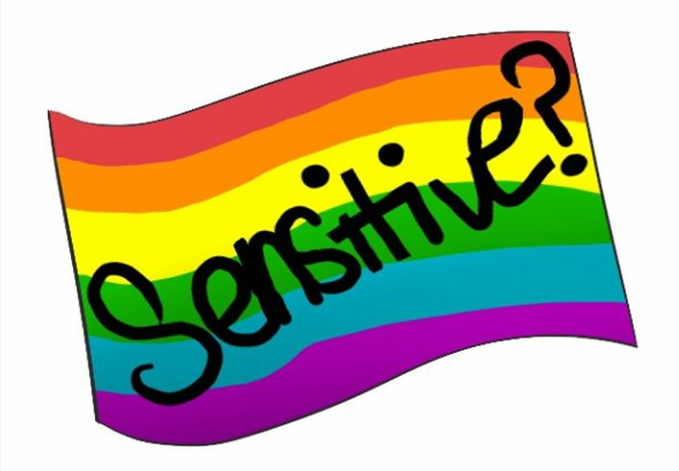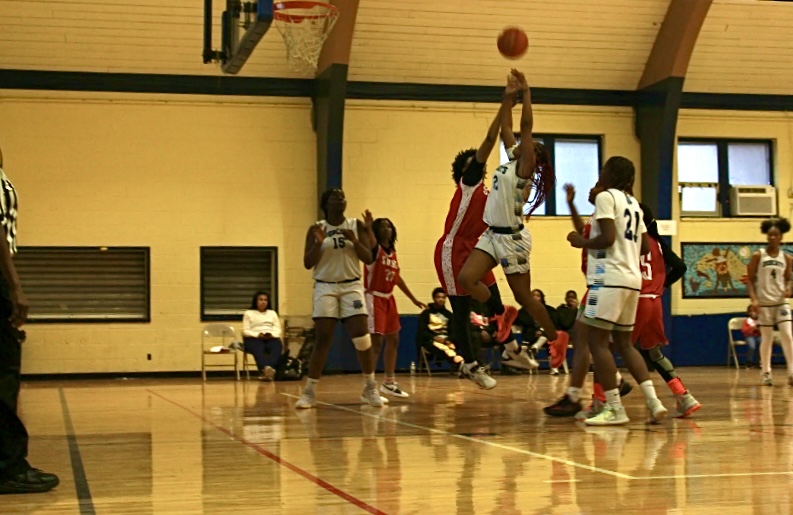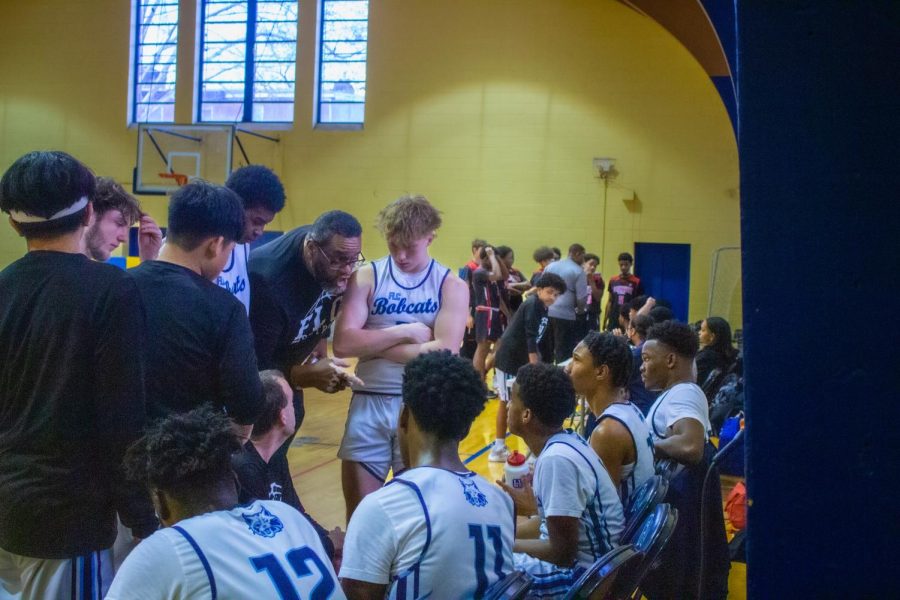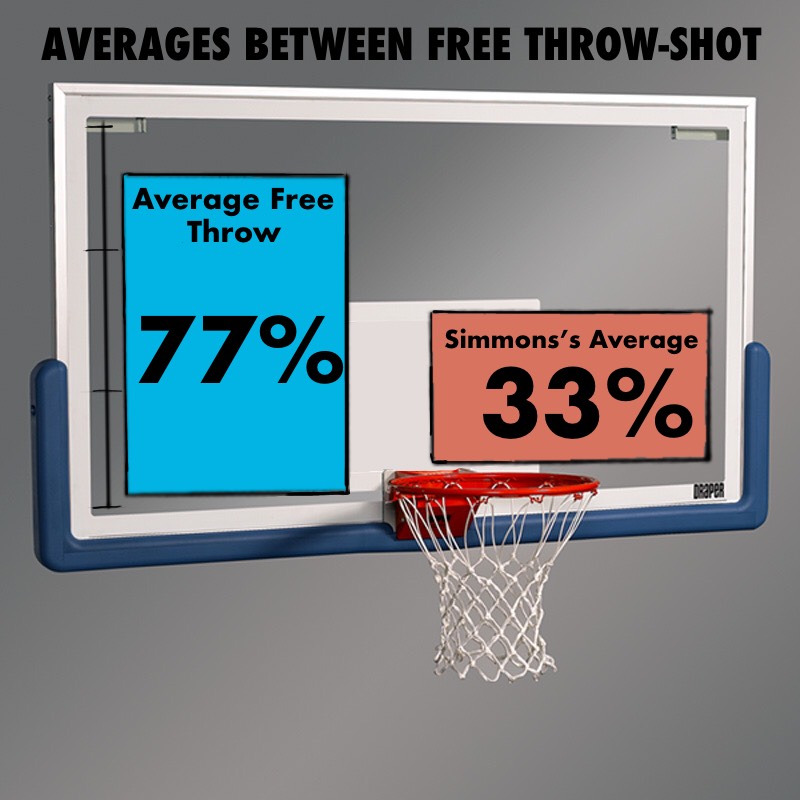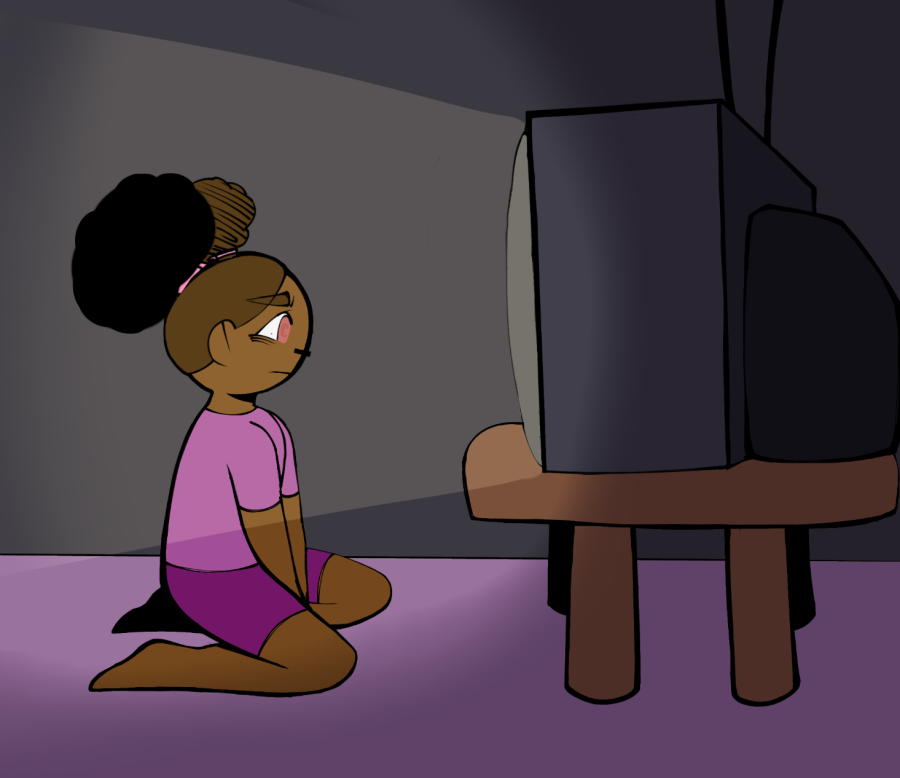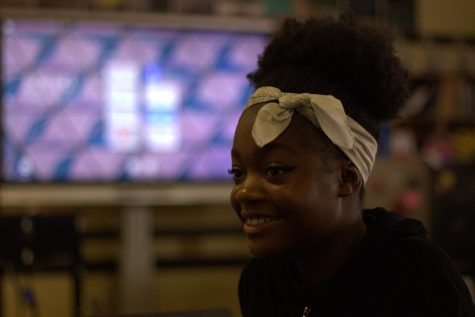Is Euphoria an accurate depiction of FLC?
Youth watching television.
March 9, 2023
With the rise in popularity of the HBO show Euphoria, many have come to examine the depiction of teenage life and question whether it is accurate or grossly exaggerated.
Euphoria’s story is centered around a group of teenagers all battling their own challenges: From the main character, Rue is a recovering drug addict. To her love interest, Jules, who got sent to a psychiatric ward at 11 for coming out as transgender, each character has their hardships and learns to deal with them.
With the rise in popularity, and positive reviews, controversy has been sparked over the abundance of sex and drugs in the show and whether they accurately represent the lives of teenagers in Gen Z.
An article from The Spell Binder accurately describes the situation.
We asked an array of FLC students what their take was on the Euphoria debacle.
Azury Gomez, a Medical Assisting Major, had strong opinions on this topic.
“Euphoria is a television show that aims to depict the lives of teenagers, but it is important to note that it is not an accurate representation of all teenagers and their experiences…The show focuses on a specific group of teens and their experiences with sex, drugs, and other controversial topics, which may not reflect the experiences of all teens, including those at Franklin Learning Center,” she says.
However, a Music Major, Kimberly Carroll disagreed partially.
“As far as the depiction of sex, I think it is a somewhat accurate depiction…In the show, a character named Jules has sex with an older man and later regrets it. I reckon that oftentimes, teenage girls think that dating an older man or having sex with one is a prize when really they are being taken advantage of in the worst ways.”
She believed that, because the show displayed both the positive and negative aspects of sex and drugs, it was somewhat accurate.
“I say that because the show shows the very low lows of being addicted to a powerful substance at such a young age…in my opinion.”
Gomez included a counterargument to this point in our interview with her.
“The portrayal of teens as being heavily involved in sex and drugs is a common trope in entertainment, but it is not representative of all teenagers so it should not be taken that seriously. Instead, the show focuses on these topics because they are seen as attractive and attention-grabbing.”
Eric Leon, a music major, however, had opposite opinions.
“One of the reasons for the inclusion of such mature themes in the show is to create a sense of realism. Teenagers today face a number of difficult challenges, including drug addiction, sexual exploration, and mental health issues. By including these themes, the producers aim to address these important issues in a way that is both thought-provoking and engaging for the audience.”
That being said, he also did not want to overgeneralize Generation Z.
“However, it’s important to note that the experiences of individuals can vary greatly, and the depiction of sex and drugs in “Euphoria” may not be representative of all teenagers.”
Jasmin Riggins, a business major at FLC, held the middle ground alongside Carroll.
“Maybe not to the extent that it’s depicted in Euphoria, but absolutely! It kind of shocks me to say it but I definitely think that in today’s society, the show’s themes are very applicable.”
When asked why this is, Jasmin had insightful thoughts.
“I believe this is happening because of the disconnect between generations. There is too much of a disconnect between teens and their parents / their environment.”
“Because of this, we now have a generation that is much more independent from their guardians, whether it be [because of] rebellion or survival.”
When asked how Euphoria reflects the values of Generation Z, Gomez, and Leon had some differing points.
Leon said, “In terms of reflecting the current generation’s morals and priorities, it’s difficult to generalize as individuals have their unique views and beliefs.”
Gomez said, “The fact that the show Euphoria is being used to judge our generation’s morals and beliefs is very interesting when the majority of people portraying teens in the show and the production crew are not even part of our generation.”
“Judging Gen Z for these shows and portraying us as a sex-driven generation is oblivious and does not take into account old generations. For instance, older generations having 5+ children does not seem as weird but because we watch shows like Euphoria we are stereotyped as a sex-driven group,” she continues.
“As we know that sex and drugs were something that was happening a lot during older generations but it was frowned upon and people were generally shamed for being a part of it,” Azury said.
Azury continued, “our generation speaks about topics like that in a more comfortable matter and destigmatizes [them], unlike older generations.”
Riggins held an optimistic view.
“Morally, I believe that as time goes on, this generation will get better, but right now too many immoral things are normalized. Priorities are found in Gen Z’s ambition. I feel that they have a good sense of who they want to become.”
Leon had one closing point he wanted to add.
“Ultimately, it’s up to the producers and creative team to determine the kind of content they want to include and how they want to portray it. They should aim for a responsible and thoughtful representation, taking into consideration the potential impact it may have on the audience. ”

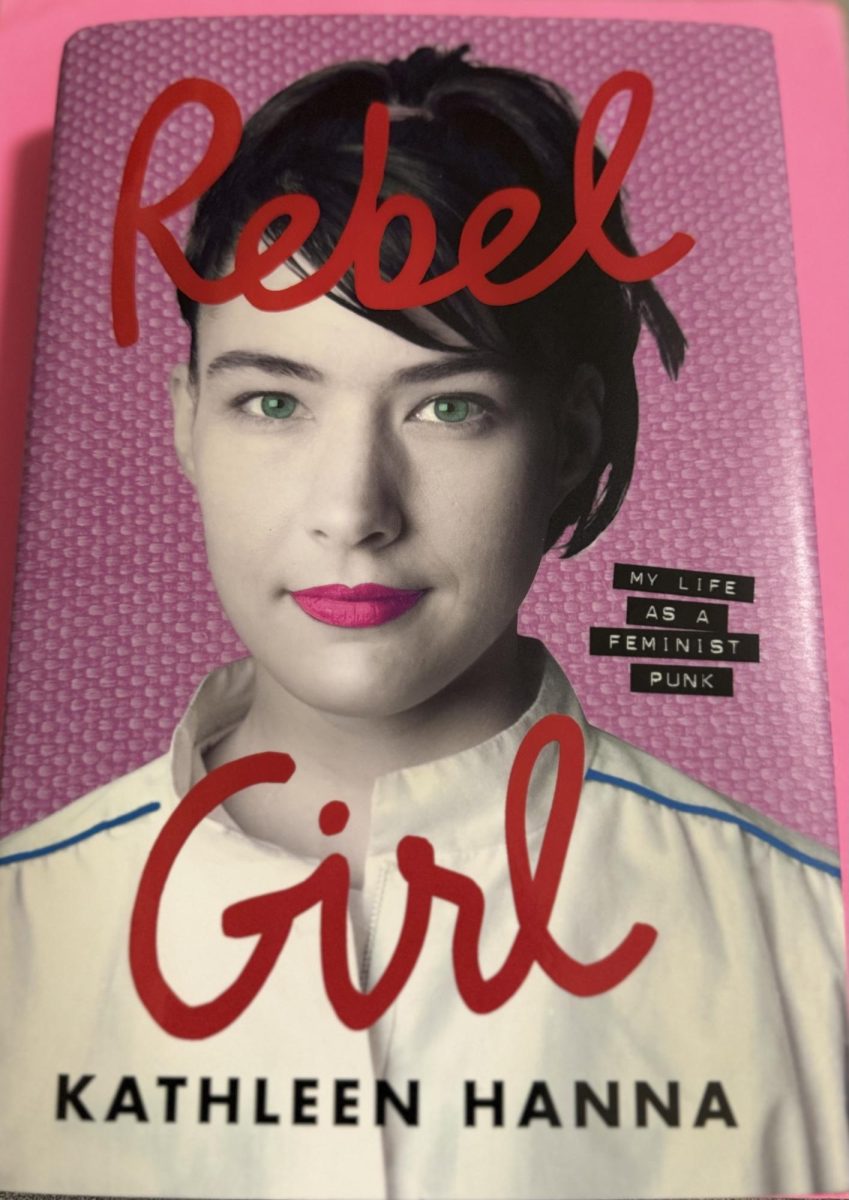



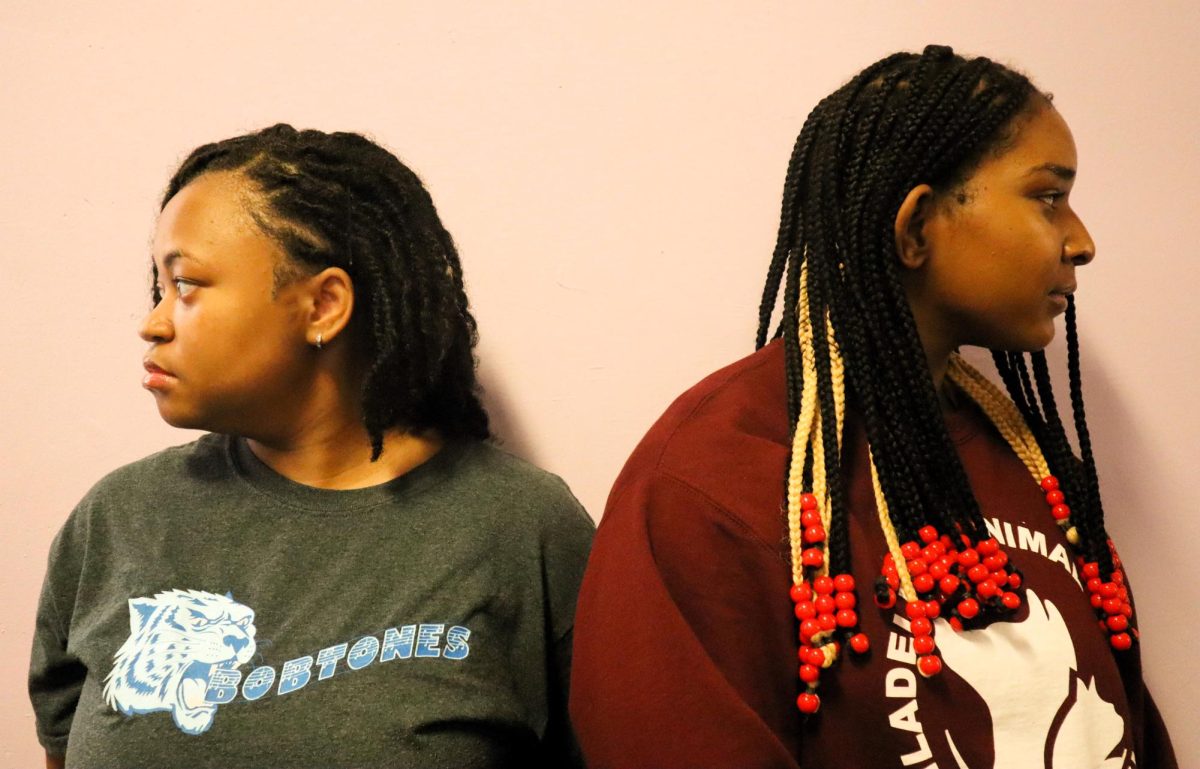

![[VIDEO] FLC 10th grade student awarded $40,000 in a BigFuture Scholarship](https://theflashflc.org/wp-content/uploads/2023/05/Screen-Shot-2023-05-02-at-4.39.10-PM-900x493.png)
![[VIDEO] Mayoral candidates campaign on student issues](https://theflashflc.org/wp-content/uploads/2023/04/IMG_1387-900x506.jpg)


